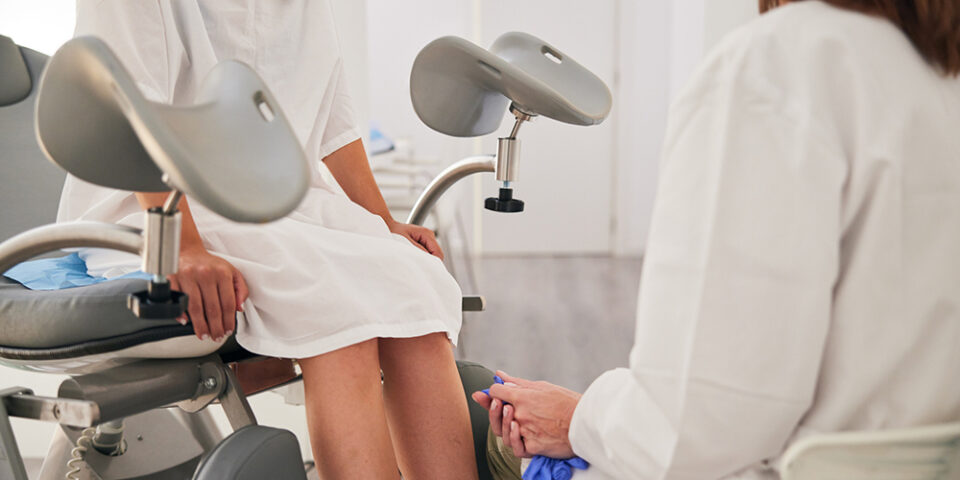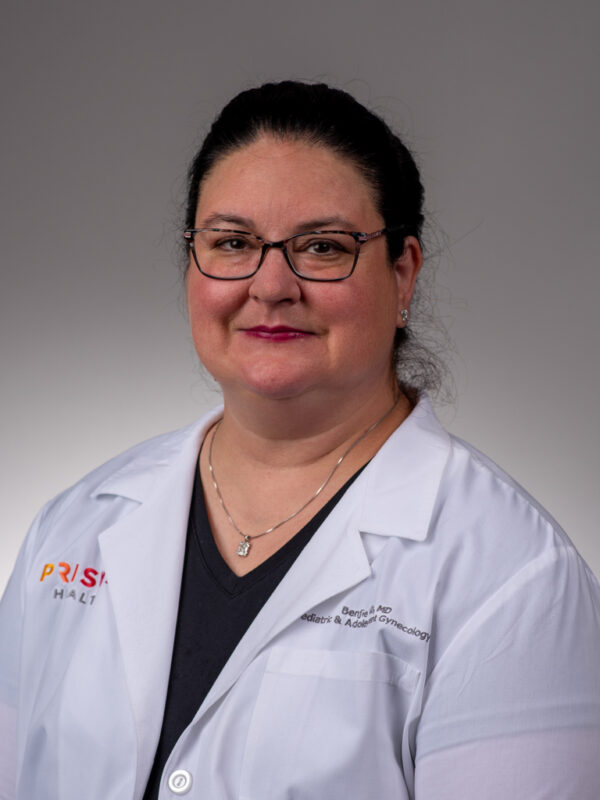4 ways to reduce your risk of cancer if you have HPV
Finding out you have HPV can be scary. Does this automatically mean cancer will develop, or will it clear up on its own? OB/GYN Benjie B. Mills, MD, explained what you need to know about HPV infections and how to reduce your risk of cancer if you have HPV.
What is HPV and how does a person get it?
The human papilloma virus is the most common sexually transmitted disease in the U.S. There are over 200 different types of the virus – some cause genital warts, some cause cancer and some cause no problems at all.
What are genital warts?
Genital warts are fleshy growths on the skin commonly caused by two specific HPV virus types: number six and number 11. They’re found on the vulva or anal area and can become sore or infected.
“Warts are unpleasant, but they do not cause cancer and they’re easily treated as long as you go to the doctor for it,” Dr. Mills said. “A lot of people are scared, embarrassed or self-conscious about having warts, but they can be treated with either a chemical that we put just right on the wart or with a medication that comes in a cream form. If you see something you’re concerned about, please see your doctor about it.”
Can HPV clear up on its own?
Because most types of the virus are low risk, about 90% of these infections are cleared by the immune system. Often, people don’t even know they’ve been infected because there are no symptoms.
“For patients who are healthy and not immunocompromised, these infections just go away, and they don’t need treatment,” Dr. Mills said. “For patients who do need treatment, we can surgically or chemically remove the affected areas, but we can never guarantee that we get every little viral particle, so close follow up after we treat areas of HPV is really important.”
What are the symptoms of high-risk HPV?
Common symptoms include abnormal bleeding from the infected area, or having a rough scaly patch that gets a little ulcer in it that never heals up.
“For patients who are having abnormal bleeding or see something on the vulva or around the perianal area, it’s important to seek treatment early,” Dr. Mills said. “Those things are much easier to treat when they’re small..”
What can you do to reduce your risk of cancer if you have HPV?
Dr. Mills said there are four ways you can reduce your risk of cancer if you have HPV:
- Get the HPV vaccine. “The vaccine covers nine viral types of HPV and most patients have only been exposed to one when diagnosed with HPV disease,” Dr. Mills said. “We definitely recommend the vaccination, even for people who’ve been sexually active and infected with HPV because it covers other virus types that the patient doesn’t have.”
- Visit your doctor regularly. “If treatment is recommended for you, then I definitely recommend you get that treatment and any follow-up to prevent the disease from spreading,” Dr. Mills said.
- Don’t smoke or vape. Smoking or vaping decreases the strength of the body’s immune system and its ability to fight off HPV.
- Use barrier protection when having sexual intercourse. Reduce the risk of spreading HPV by using condoms or other barrier methods.
“Please remember that HPV is common, and if you are diagnosed, it is not the end of the world,” Dr. Mills said. “Visit your doctor regularly, and most importantly, get the vaccine if you are a candidate.”
Choose a caring, trusted OB/GYN
Find a provider who’s right for you by viewing their online profiles, star ratings and reviews.
Find an OB/GYN

